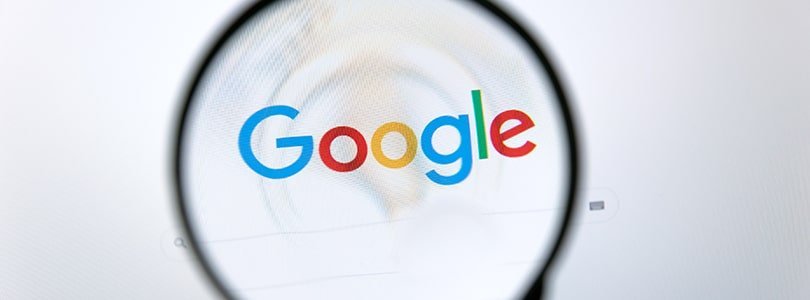Google Explains Reason For Sending SharedArrayBuffer E-Mail
- 24 March, 2021
- Jason Ferry
- Website SEO

Website SEO agencies and businesses recently received a message from the Google Search Console about SharedArrayBuffer (SAB) issues. The search engine company’s Search Central clarified the confusing message to website SEOs and informed them that they have updated their guide to enable cross-origin isolation.
For those unaware of what SABs are, they are JavaScript methods of functioning that more efficient completion of tasks. According to Mozilla, they can make web workers and threads become writing and reading data from the same piece of memory. Web workers give way for web content to run scripts in background threads.
Memory is crucial since JavaScript works with browser memory. If a webpage can’t handle the memory well, this could result in memory bloat.
Mozilla also explained that SABs can allow a website SEO agency to manually handle their data even if they use JavaScript, which features automatic memory engagement. With a typical app, SEOs can have an easier time because the main thread can take care of all the work. Moreover, SABs can also reduce the amount of work for main threads.
However, there are times when splitting up the work is just not enough. That’s where the web workers come in; they can share data from the same chunk of memory.
In 2017, Google’s Martin Splitt shared things about SAB before it was even rolled out. He said that JavaScript is usually a long-running and single-threaded script, which makes pages unresponsive. Web workers run JavaScript in different threads while using messages to communicate with the main thread.
At times, ArrayBuffers and TypedArrays receive a large amount of data from messages, which in turn causes large memory cost as data gets cloned.
As to why publishers received the message from Google Search Console, Google said that those who received the message have something that uses SABs on their webpages, which is a code that speeds up the JavaScript process. The cause for this could be third-party content, frameworks, or libraries.
SABs began to have issues after the discovery of the Spectre and Meltdown Vulnerabilities, which affect all Computer Processing Units (CPUs), making them vulnerable to attackers that can read the information in the memory. The attacks affect all computer devices and even Internet of Things devices. As a result, Chrome suspended the use of SABs, though it re-allowed them after solving the problem.
The purpose of the e-mail was to let people know how Chrome will be handling SABs in the future. They also did this to get SEOs and publishers on board with the process, thereby promoting the safety of their sites and site visitors.
Chrome 91 will be launched with a new restriction that gives stronger protection from the Spectre and Meltdown vulnerabilities in late May 2021. This means that everyone should set security policies on resources and lock down what was allowed based on safety policies against Spectre vulnerabilities from Chrome and Firefox. This is good news for site visitors but could be a problem for webmasters who use SAB objects without cross-origin isolation.
According to Google, website SEOs and owners must do two things: identify SAB use on their site by either using the Reporting API or Chrome DevTools and fix or remove the functionality.
It can be a daunting task for first-timers and start-ups, so if you are looking for experts to handle your SEO for you, why not work with Position1SEO?
We don’t just find ways to fix your site issues; we also help boost your site traffic and search results rankings! We have years of experience in the SEO industry, assuring you that we are more than capable of improving your overall SEO.
Give us a ring via 0141 846 0114 or email us at office@position1seo.co.uk today!















